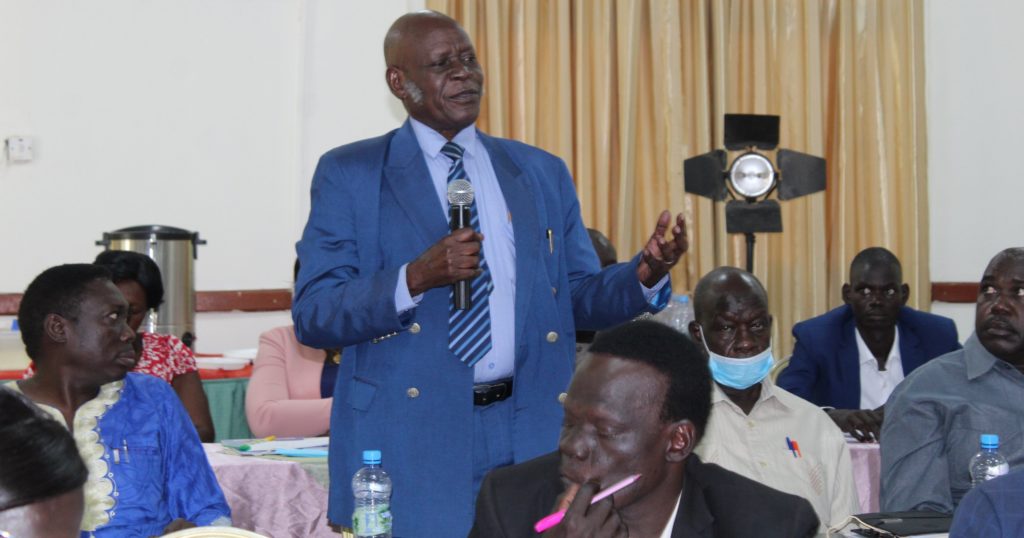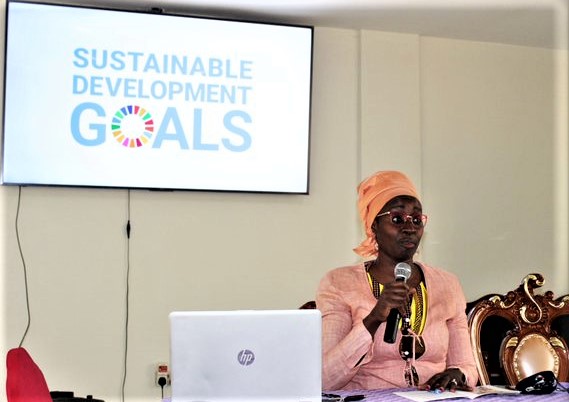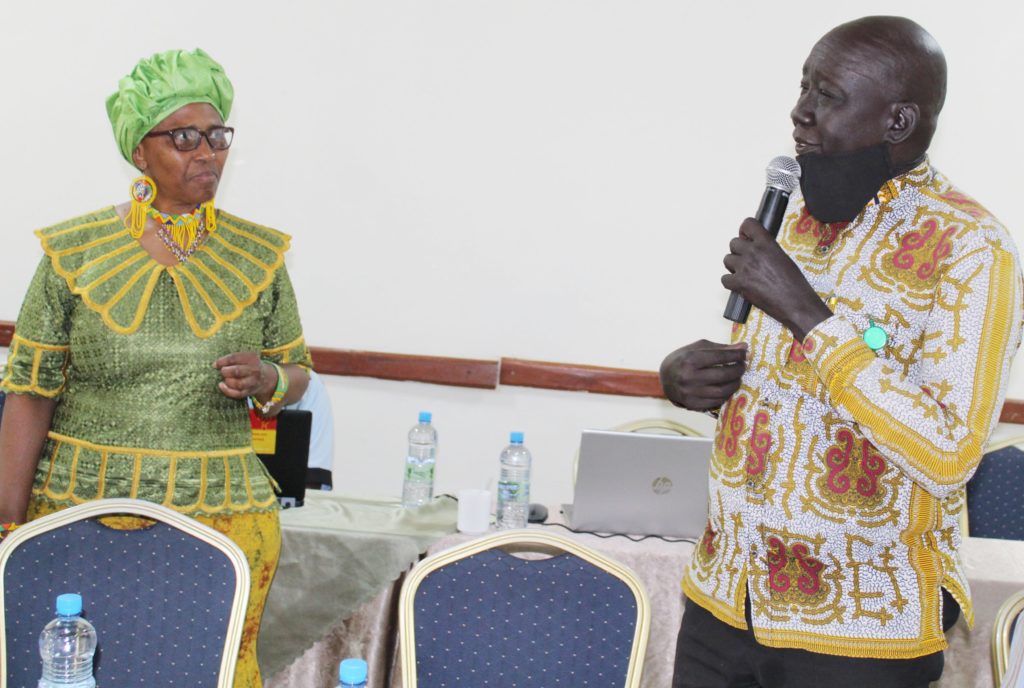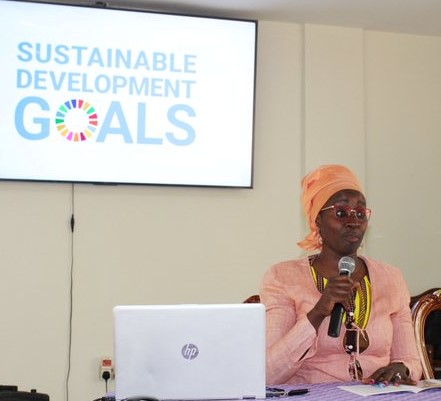




“We need change for our country, especially in budget formulation policy and oversight in its implementation,” Chamcoth Pijok, chairperson of Parliament Economic and Finance committee has told lawmakers. “We have summoned the parliamentarians to work on that matter. I wanted to assure the public that the parliamentarians are committed to making sure that whatever knowledge is acquired in this training is implemented.”
SPECIAL CORRESPONDENT
DesignationPijok’s remarks concluded a budgeting, illicit money flows, debt, and climate change training, bringing together 47 lawmakers.
The training comes against the backdrop of an African Development Bank report that South Sudan’s economic recovery—driven by the 2018 revitalized peace agreement, rising oil prices, and a resumption in oil production—was derailed in 2020 by locust invasions, floods and the COVID–19 pandemic.
Measures to contain Covid19 disrupted economic activity. Social distancing and restrictions on movement and business operating-hours hit particularly the service sector, which accounts for 6.1 percent of GDP. Floods and locusts brought the agriculture sector, which accounts for 15% of GDP and employs 80 percent of the population, to a standstill.
“There is need for a Climate Change Bill to animate and guide all climate change work in South Sudan,” Mrs. Jennifer Akech, executive director of Ecopeace Initiative for Development, a nonprofit that responds to wildlife, environment, climate change and disasters within the Boma Bandigilo.
Ecopeace, Center for Budget and Policy Accountability (CBPA), which pursues policies to reduce poverty and inequality and to restore fiscal responsibility, and the African Forum for Debt and Development, which has trained lawmakers from Chad, Ghana, Benin, Mozambique, Uganda, Rwanda, South Sudan, Zambia, and Zimbabwe, conducted the training.
South Sudan is a signatory to the Paris Agreement.
WHY IT MATTERS: SOUTH SUDAN’S ROAD FROM ZERO TO $2BN DEBT
South Sudan became independent with zero debt. But by 2017 the country’s public debt stood at 1.925 billion. In 2019 findings, IMF said South Sudan had fallen into debt distress, despite moderate levels of public external debt. The country’s fiscal position deteriorated markedly because of oil production shutdown between January 2012 and April 2013, war, and the sharp drop in international oil prices since mid-2014. According to ADB, the projected rebound in oil production and exports will support partial economic recovery, with real GDP expected to grow by 2.5 percent in 2022.
A peace agreement that brought the warring parties together establishes a path for economic, financial and natural resource sector reforms, many driven by the transitional parliament.
President Kiir named the new parliament in May 2021, appointing 550 lawmakers, 128 for the main opposition, 50 for the second largest opposition party, and 30 for other political parties. Parliament passed a budget September 2021 for the first time since 2019 – a 287 billion South Sudanese Pounds undertaking. But lawmakers need the technical knowledge to monitor the use of public and natural resources effectively.
- Edited by BADRU MULUMBA




